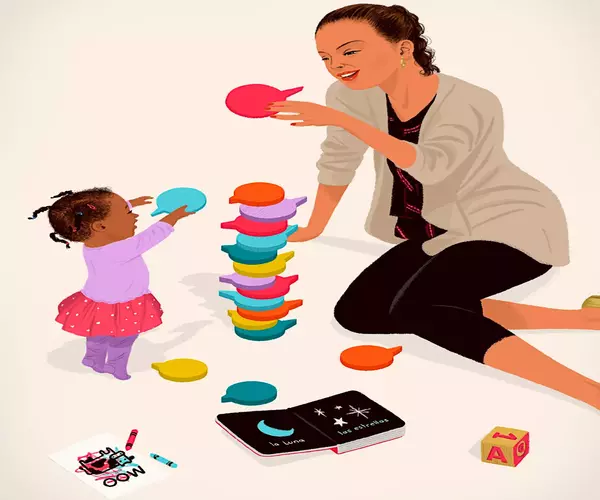Moms have always played a crucial role in their children’s education, but in recent years, they have been taking on an even more active role in shaping their children’s learning experiences.
According to a new global study that takes a gender-sensitive approach, a mother’s educational status is becoming increasingly important in shaping their children’s educational status, while the importance of the father’s educational status is declining.
Education expansion was expected to increase social mobility around the world, but new global evidence from Lancaster University and the University of British Columbia calls this assumption into question and demonstrates how gender truly matters. Contrary to expectations, education expansion has not necessarily made educational opportunities more equal for children from different educational backgrounds across many regions of the world, according to the study.
Given the persistent gendered division of labor in the family, mothers continue to bear the brunt of child-rearing responsibilities across many parts of the world. We were initially motivated to conduct this study because we were dissatisfied with the patriarchal and Western-centric focus of mainstream social mobility research.
Professor Qian
Existing research on social mobility, or the extent to which children can achieve educational success regardless of family background, has primarily focused on the role of the father, rather than the mother.
However, the importance of a mother’s educational status for their children’s and especially daughters’ educational mobility has caught up with or surpassed that of a father’s status, according to the research, particularly in Africa, Asia, the Pacific, and Europe, including the United Kingdom.
‘Gender, education expansion and intergenerational educational mobility around the world’ by Professor Yang Hu, of Lancaster University, and Professor Yue Qian, of the University of British Columbia, in Canada, is published in the journal, Nature Human Behaviour.
For this study, the researchers assembled a large-scale global dataset, which contained 1.79 million individuals born between 1956 and 1990 from 106 societies worldwide. The societies examined in the study host nearly 90% of the world’s population.

According to the study, as gender equality increases and the proportion of mothers paired with a less-educated father increases, mother-child associations in educational status strengthen while father-child associations weaken. Mother-daughter associations in educational status are weaker in less gender-equal contexts with a higher proportion of mothers paired with a more-educated father.
“Given women’s educational advancement, the gender-blind patriarchal measurement of intergenerational educational mobility is becoming increasingly untenable,” Professor Hu says. “And our findings show that, in many regions, the rising importance of mothers’ education has effectively maintained, if not increased, the influence of parents’ education on their children’s social mobility.”
He went on to say: “Evidence focusing solely on fathers paints an overly optimistic picture of social mobility. Our findings advocate for a gender-sensitive approach to measuring intergenerational mobility in order for academics, governments, and international organizations to better capture and comprehend the implications of education expansion.”
As the number of single-parent, particularly single-mother, families increase globally, it is possible that this change in family structure would further bolster the importance of the mother in children’s social mobility, says the research.
“Given the persistent gendered division of labor in the family, mothers continue to bear the brunt of childrearing responsibilities across many parts of the world,” said Professor Qian. The role of mothers in their children’s social mobility has received little attention, a question with global implications for socioeconomic inequality. “We were initially motivated to conduct this study because we were dissatisfied with the patriarchal and Western-centric focus of mainstream social mobility research.”
“As our research progressed, it became clear to us how a gender lens and a global perspective enable new insights into what happens when education expansion collides with the gender revolution. As we mark International Women’s Day, we hope that our findings will help to catalyze new, gender-sensitive approaches to data collection and measurement development, which will inform educational and social policy.”













